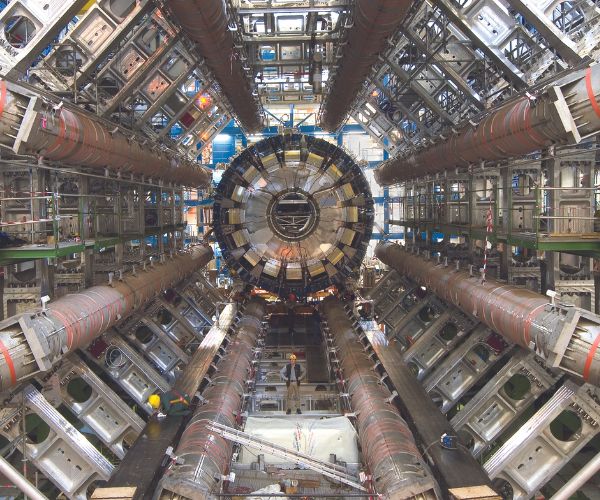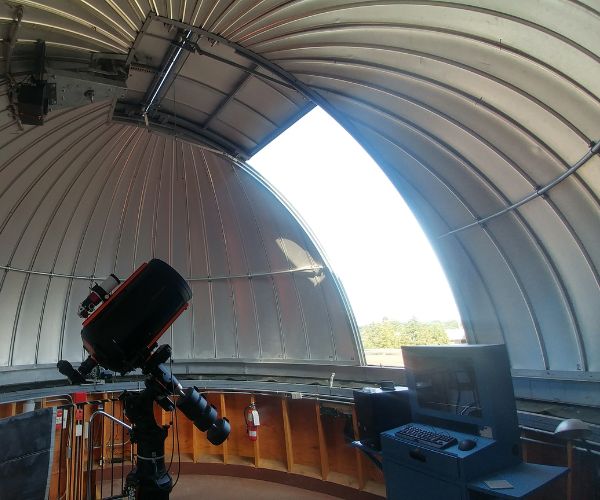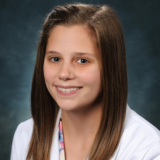Visit Carleton! Book your tour today.
Program Details
What happened to anti-matter after the big bang? What is the origin of mass in the universe? What are the fusion nuclear reactions in the core of the sun? What gives a particular material super-conducting properties? Physics is the study of the most basic building blocks of matter, from the smallest particles to the largest structures of the universe, from the beginning to the end. Engage in subatomic and medical physics.
An Applied Physics (Honours) and a professionally accredited Engineering Physics (BEng) program are also available.
Streams
Our Physics (Honours) has three streams: Astrophysics, Experimental, and Theory; or can be combined with Biology, Chemistry or Mathematics.
Capital Advantage
Our department’s location in the nation’s capital places you within the highest concentration of scientific and technical expertise in the country, providing unparalleled access to both personnel and technical facilities.
Work Experience
A Co-op option is available. Through Co-op, students have an opportunity to apply academic studies to a real work environment as well as to explore various career possibilities. Placements are available at local high-tech companies, government laboratories or health care institutions in the Ottawa region and beyond.
Exceptional Faculty
Our faculty is actively engaged in intensive research in particle physics and medical physics. You’ll benefit from their expertise, passion and experiences and have opportunities to work alongside them in your capstone research project.

Get started in Carleton360 to receive tailored information on our programs, student services and community.

Career Outcomes
Explore your passions, refine new skills and discover the career that’s right for you.
The skills learned through the study of physics are highly transferable and will prepare you for a wide range of careers.
Sample Careers

Sample Courses
PHYS 1001 - Foundations of Physics I
This calculus-based course on classical mechanics covers kinematics, dynamics, gravitation, and oscillatory motion. This is a specialist course for students intending to take further courses in physics.
PHYS 4409 - Thermodynamics and Statistical Physics
The three Laws of Thermodynamics, enthalpy, Helmholtz and Gibbs functions. Equilibrium statistical mechanics and its relation to thermodynamics. Maxwell-Boltzmann, Bose-Einstein and Fermi-Dirac statistics.
Visit the Undergraduate Calendar to view a comprehensive list of course offerings for this program and discover the exciting things Carleton students are learning in the classroom!
Featured Stories
My Carleton physics degree provided me with a solid foundation for both graduate school and my career as a clinical medical physicist. Carleton’s rigorous coursework, lab work, and research opportunities taught me technical and problem solving skills I use daily in the clinic. My experience at Carleton has been instrumental in my continued success. I am thrilled that I get to apply my experience to ensure all of our patients receive safe and accurate radiation therapy and implement new technology in the clinic.


